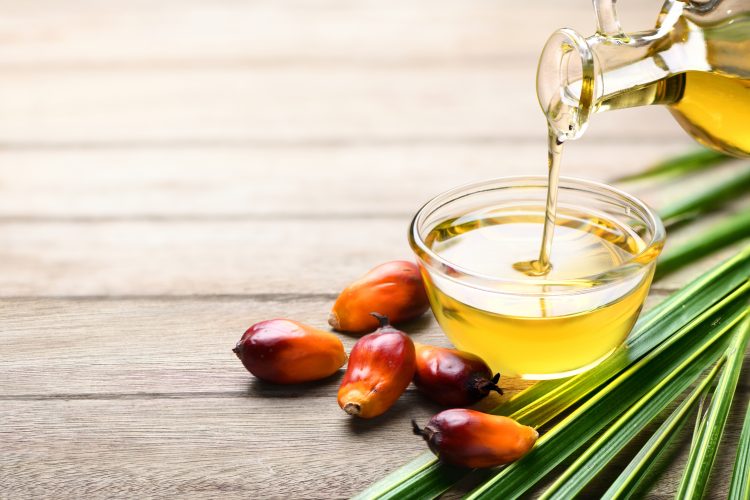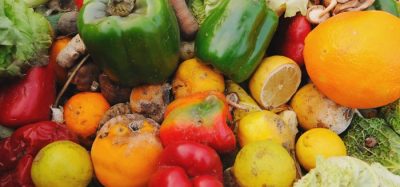Experts call for “clear, reliable” palm oil purchase guidance
- Like
- Digg
- Del
- Tumblr
- VKontakte
- Buffer
- Love This
- Odnoklassniki
- Meneame
- Blogger
- Amazon
- Yahoo Mail
- Gmail
- AOL
- Newsvine
- HackerNews
- Evernote
- MySpace
- Mail.ru
- Viadeo
- Line
- Comments
- Yummly
- SMS
- Viber
- Telegram
- Subscribe
- Skype
- Facebook Messenger
- Kakao
- LiveJournal
- Yammer
- Edgar
- Fintel
- Mix
- Instapaper
- Copy Link
Posted: 25 September 2023 | Grace Galler | No comments yet
Researchers have found that consumers “find it hard to know the consequences of their buying choices” when it comes to palm oil.


A team of researchers at the Göttingen University have carried out an investigation into consumers’ understanding of the environmental impacts of palm oil.
The study analysed consumers in Germany and tried to grasp whether shoppers had “the full picture” when it comes to the sustainability of the world’s most produced and consumed vegetable oil.
Published in Sustainable Production and Consumption, the results of the study showed that “people find it hard to know the consequences of their buying choices, even when extra information is supplied”.
To carry out the study, researchers conducted an in-depth literature review on the effects of “indirect land use change” to assess the effects of switching from palm oil production. “Indirect land use change” refers to the effects on the environment due to land use change resulting from the increased demand for certain agricultural crops or biofuels.
The team then carried out an online survey on a sample of 1,247 people in the German population. Among other issues, questions covered the overall importance of palm oil in the food industry and explored how people felt about the “free from palm oil” claim compared to a certification label, the consequences of land use change and comparisons with using other vegetable oils.
The team then measured the effect of providing consumers with extra information in the form of two separate infographics: one on palm oil generally and the other on indirect land use change specifically.
Results of the study found that product information and labelling “can produce a confusing and misleading picture for consumers”. Meanwhile though the provision of extra information influenced responses but the effect was “small”.
In addition, researchers found that customers were attracted to the “free from palm oil” label and showed “more trust towards it” and perceived it as “superior” from both health and environmental perspectives. However, after receiving the additional information some consumers were sceptical about the potential benefits of sustainably produced palm oil in comparison with other vegetable oils such as soybean, sunflower and rapeseed oil.
“Consumers have limited time to weigh up the social, environmental or health attributes of products,” said Sophie-Dorothe Lieke from Göttingen University’s Department of Agricultural Economics and Rural Development.
“Our research shows that many find the information overwhelming and want clear, reliable guidance. This could be in the form of introducing an “eco-label” which would not only pick up differences in production systems but also help guide shoppers in making more informed decisions about the environmental impact their purchases have,” concluded Lieke.
Related topics
Labelling, Quality analysis & quality control (QA/QC), Research & development, The consumer, Trade & Economy, World Food








